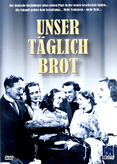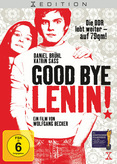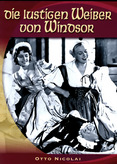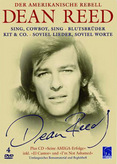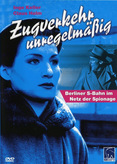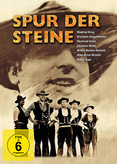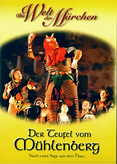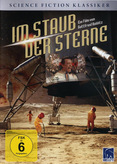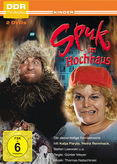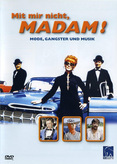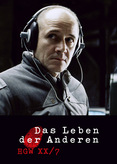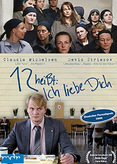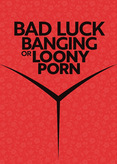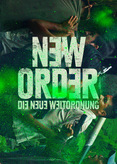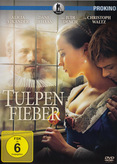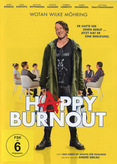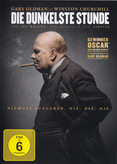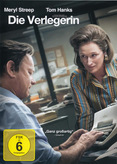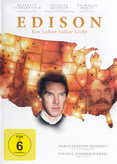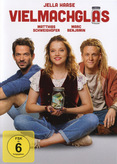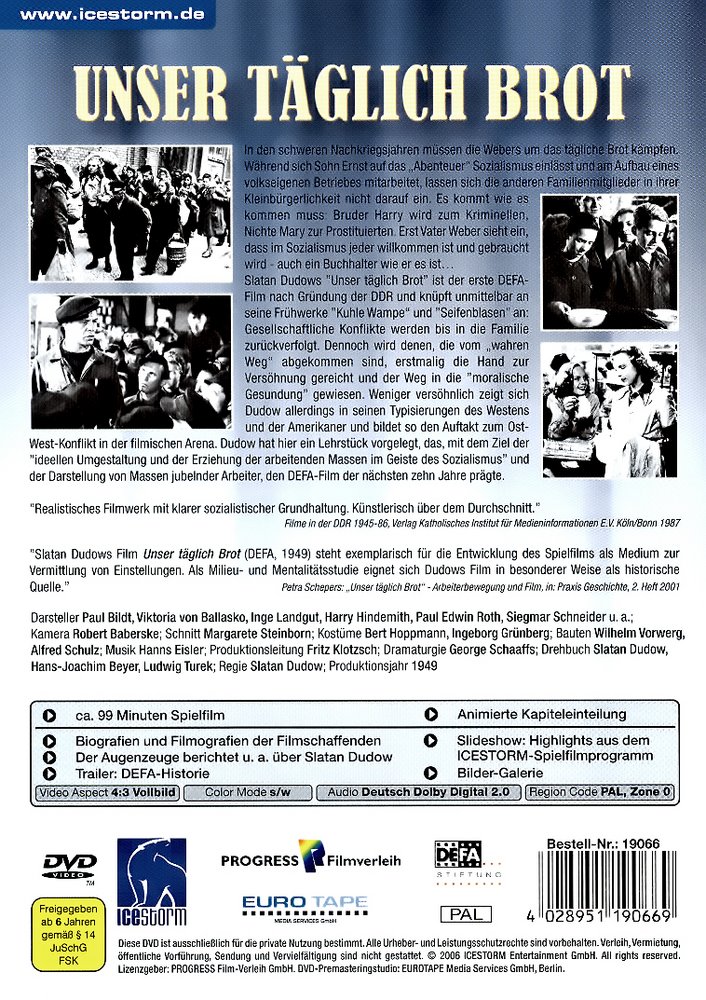In den schweren Nachkriegsjahren müssen die Webers um das tägliche Brot kämpfen. Während sich Sohn Ernst (Harry Hindemith) auf das 'Abenteuer' Sozialismus einlässt und am Aufbau eines volkseigenen Betriebes mitarbeitet, lassen sich die anderen Familienmitglieder in ihrer Kleinbürgerlichkeit nicht darauf ein. Es kommt wie es kommen muss: Bruder Harry (Paul Edwin Roth) wird zum Kriminellen, Nichte Mary (Dolores Holve) zur Prostituierten. Erst Vater Weber (Paul Bildt) sieht ein, dass im Sozialismus jeder willkommen ist und gebraucht wird - auch ein Buchhalter wie er es ist...
Slatan Dudows 'Unser täglich Brot' ist der erste DEFA-Film nach Gründung der DDR und knüpft unmittelbar an seine Frühwerke 'Kuhle Wampe' und 'Seifenblasen' an. Gesellschaftliche Konflikte werden bis in die Familie zurückverfolgt. Dennoch wird denen, die vom 'wahren Weg' abgekommen sind, erstmalig die Hand zur Versöhnung gereicht und der Weg in die moralische Gesundung gewiesen. Weniger versöhnlich zeigt sich Dudow allerdings in seinen Typisierungen des Westens und der Amerikaner und bildet so den Auftakt zum Ost-West-Konflikt in der filmischen Arena. Dudow hat hier ein Lehrstück vorgelegt, das mit dem Ziel der 'ideellen Umgestaltung und der Erziehung der arbeitenden Massen im Geiste des Sozialismus' und der Darstellung von Massen jubelnder Arbeiter den DEFA-Film der nächsten zehn Jahre prägte.
Weiterlesen »
In the difficult post-war years, the Webers had to fight for their daily bread. While son Ernst (Harry Hindemith) gets involved in the 'adventure' of socialism and works on the development of a state-owned enterprise, the other family members in their petty bourgeois attitude do not get involved. It comes as it must: Brother Harry (Paul Edwin Roth) becomes a criminal, niece Mary (Dolores Holve) a prostitute. Only father Weber (Paul Bildt) realizes that everyone is welcome and needed in socialism - even an accountant like him...
Slatan Dudow's 'Our Daily Bread' is the first DEFA film after the founding of the GDR and ties in directly with his early works 'Kuhle Wampe' and 'Seifenblasen'. Nevertheless, those who have strayed from the 'true way' are being offered the hand of reconciliation for the first time and the path to moral recovery is being shown. Dudow, however, is less conciliatory in his typifications of the West and the Americans, thus forming the prelude to the East-West conflict in the cinematic arena. Dudow has presented a lesson that shaped the DEFA film of the next ten years with the aim of the 'ideological transformation and the education of the working masses in the spirit of socialism' and the depiction of masses of cheering workers.
More »
